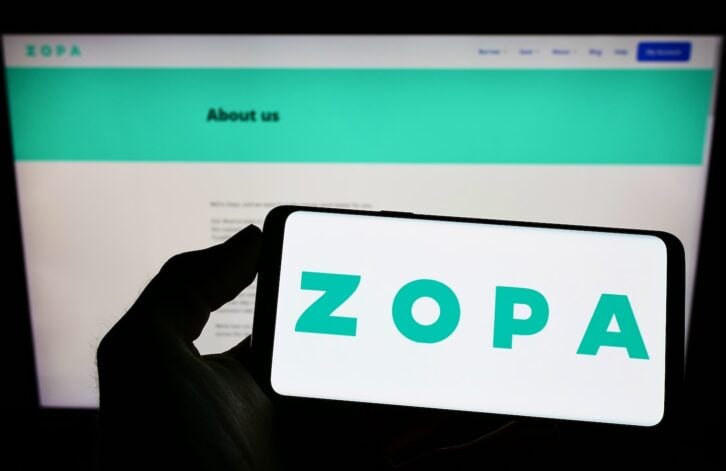UK banks are projected to invest over £1.8bn in generative AI by 2030, according to a study from Zopa and Juniper Research.
Finance is among the sectors that could benefit most from a safe integration of generative AI, from the automation of menial tasks, to complex financial modelling to customer service and strengthened security.
According to Zopa’s research, the productivity gains to follow from this period of investment are significant.
The study projected saving 187 million hours of labour over the next five years thanks to increased AI-powered productivity. The majority (82%) of efficiencies are expected to be from administrative tasks in operations and compliance.
Zopa claimed the cost savings from this investment would more or less completely match the amount put in, with a projection of £1.8bn.
“GenAI marks a paradigm shift in applied computing. Its influence on productivity, software creation, and decision-making systems could rival the advent of the Internet or cloud computing,” said Zopa CTO Peter Donlon.
“At Zopa, we’ve been operationalising machine learning for over a decade, well before LLMs became mainstream. That depth of experience has shaped our belief that GenAI isn’t a feature add-on, but a foundational capability.”
Looking to ensure it keeps up with the increased demand for AI skills, Zopa has launched a five year training campaign to reskill 100,000 banking workers in AI disciplines by 2030.
“The UK banking sector stands at a tipping point, with GenAI being set to reshape how banking fundamentally works,” said Nick Maynard, VP of fintech market research
“Digital banks and their experiences will be critical to leading the banking market through this revolution.”

